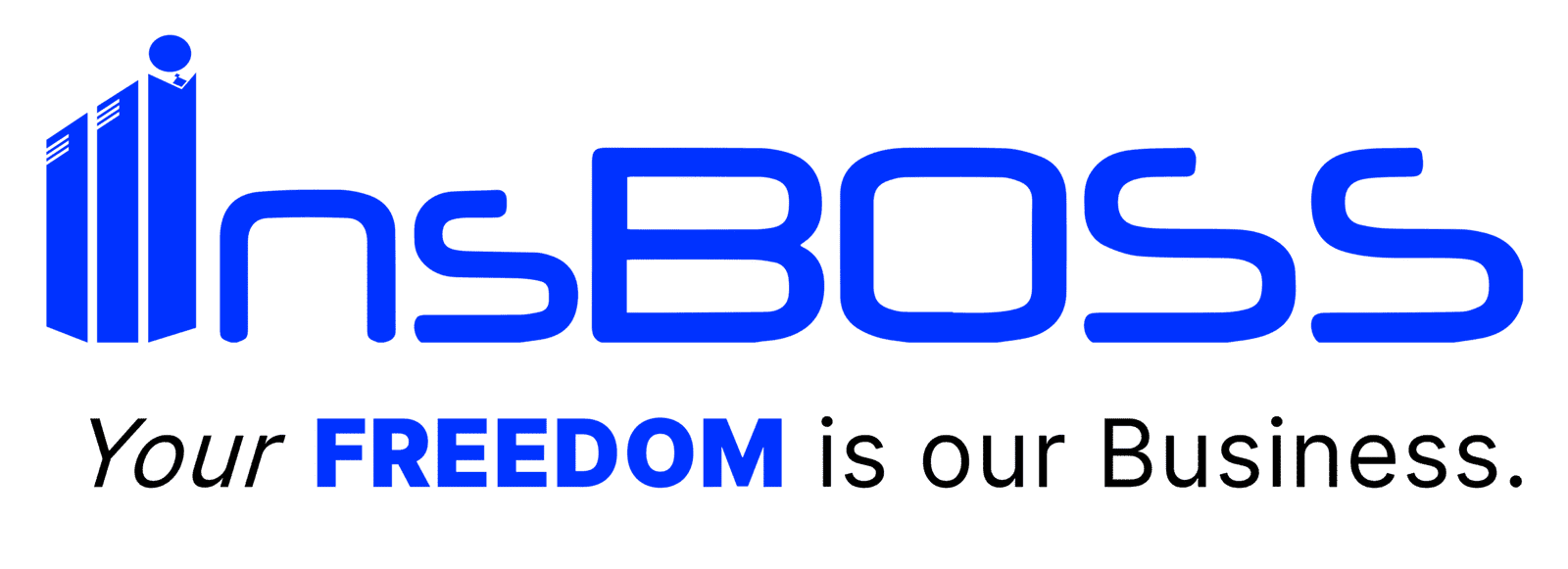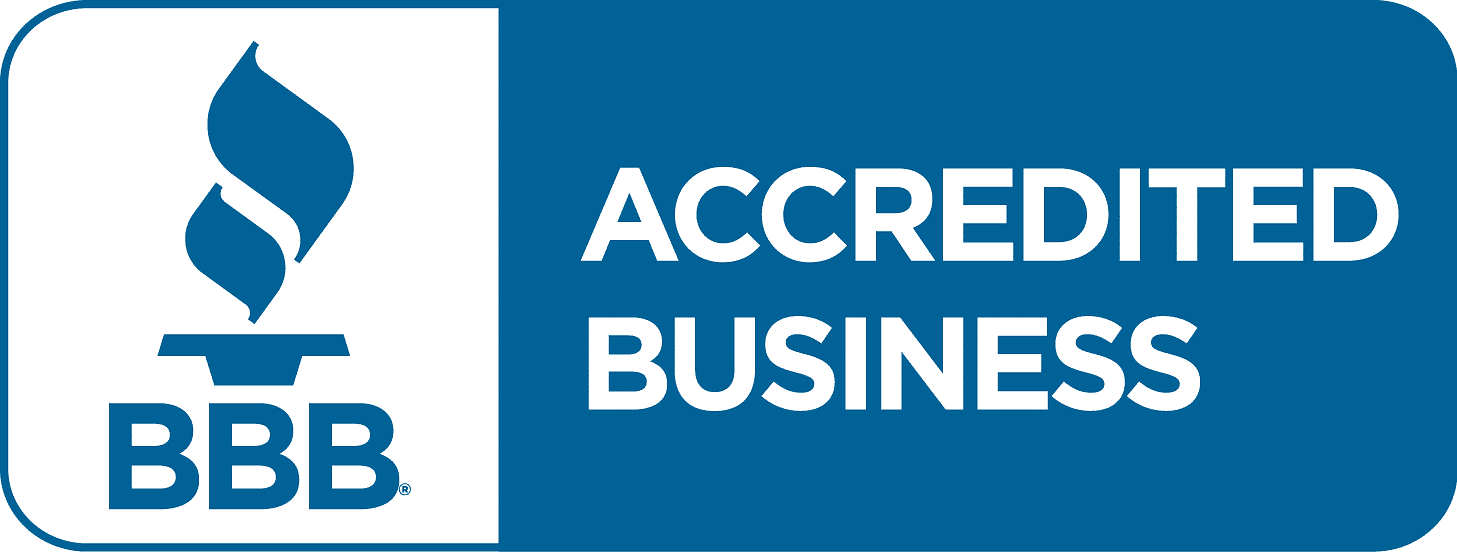How Automated Accounting Systems Benefit Digital Workplaces
The workforce trends and tools in the accounting industry have drastically evolved through the years. Nowadays, business leaders value flexibility and accessibility. As such, virtual accountants adapted to this demand by leveraging accounting software in digital workplaces to boost productivity and convenience of new workflows.
According to a research by Deloitte, 66.2% of surveyed respondents have reported that advancements in cloud technology, such as automated accounting, have become part of their workflow. They further reported that transitioning to an online accounting tool has resulted in better collaboration between teammates due to its real-time multi-user feature. Thus, automated accounting has become a staple for virtual back office companies everywhere to streamline their digital accounting solutions.
In this article, we will talk about the advantages of automated accounting systems in the context of digital workplaces. We’ll explore their role in increasing efficiency, reducing errors, and supporting remote work arrangements for modern businesses. Similarly, we’ll dive into the world of virtual workplaces and how cloud accounting fits into the digital landscape. Lastly, we’ll provide you tips where to outsource skilled virtual accounting specialists who are adept at leveraging these automated accounting tools for business success.
What is a Digital Workplace?

A digital workplace refers to a unified, technology-driven environment where you can work collaboratively and efficiently using digital tools and platforms. It transcends traditional physical office spaces, allowing you to connect, communicate, and perform work-related tasks from various locations using digital devices.
According to an article by Forbes Magazine, a digital workplace consists of two important elements: A virtual desktop, and virtual applications. Instead of the traditional office cubicles, employees in a digital workplace use virtual desktops to manage their tasks and work files. Virtual desktop usually employs the use of cloud technology to make it accessible for your team anywhere in the world.
Meanwhile, virtual applications such as automated accounting systems, cloud-based accounting tools, and digital spreadsheets facilitate collaboration between remote teams. Since these tools cater to multi-user access, your staff can work on several projects simultaneously despite being in physically different locations.
As an insurance business owner or agent, understanding the concept of a “digital workplace” is crucial. A digital workplace streamlines your work processes, enhancing efficiency and collaboration. Integrating a digital workplace into your insurance back office revolutionizes how you handle tasks. This approach aligns perfectly with the dynamic nature of the insurance industry.
What is Cloud Accounting?

As an insurance agent or broker, embracing “cloud accounting” is a strategic move for your business. Cloud accounting represents a shift towards more efficient, accessible financial management. It allows you to manage financial transactions and records online, enhancing your operational efficiency.
Here are some advantages of using automated accounting tools like the cloud in your workplace processes:
- Scalability – Cloud accounting is inherently scalable, adapting to the growth of your business. Whether it’s adding new clients or expanding service offerings, cloud accounting can seamlessly accommodate these changes. This scalability ensures that your financial management system evolves with your business, providing a long-term solution.
- Real-time Financial Insights – With cloud accounting, you gain immediate insights into your financial status. This real-time data is invaluable in the fast-paced insurance industry, where timely and informed decisions can make a significant difference. It keeps you constantly updated, aiding in swift and strategic business planning.
- Accessibility from Anywhere – Cloud accounting provides the freedom to access financial data from any location. This flexibility is essential for meeting clients or managing tasks remotely. It ensures that crucial financial information is always within reach, facilitating on-the-go decision-making and client service.
- Scalability – Cloud accounting is inherently scalable, adapting to the growth of your business. Whether it’s adding new clients or expanding service offerings, cloud accounting can seamlessly accommodate these changes. This scalability ensures that your financial management system evolves with your business, providing a long-term solution.
Incorporating cloud accounting into your insurance practice leverages the power of automated accounting to transform various aspects of your operations. This integration not only streamlines your operations but also enhances your service delivery, client trust, and overall business efficiency. For an insurance professional like yourself, cloud accounting is an invaluable tool in navigating the complexities of the modern insurance landscape.
Automated Accounting in the Insurance Industry
Automated accounting represents a modern approach to handling financial transactions and record-keeping, leveraging technology to streamline processes, increase accuracy, and offer real-time insights. As an insurance business owner or agent, understanding and adopting these advanced financial management tools can significantly enhance your operational efficiency and service delivery.
Here are some key uses of automated accounting processes in insurance:
- Streamlining Policy Management – Automated accounting tools simplify the management of various insurance policies. These systems efficiently track policy renewals, premium collections, and claim payouts, ensuring smooth and error-free operations. This streamlined process saves time and reduces the manual workload, allowing you to focus more on client interaction and business growth.
- Automated Expense Tracking and Budgeting – Automated accounting simplifies the tracking of expenses and assists in effective budgeting. This feature is particularly beneficial for controlling operational costs in your insurance business, providing a clear view of financial health and helping in strategic planning.
- Enhanced Compliance Management – The insurance sector is heavily regulated, and automated accounting systems help in maintaining compliance with these evolving regulations. They are regularly updated to reflect the latest changes, ensuring that your business remains compliant with industry standards and legal requirements.
- Streamlining Policy Management – Automated accounting tools simplify the management of various insurance policies. These systems efficiently track policy renewals, premium collections, and claim payouts, ensuring smooth and error-free operations. This streamlined process saves time and reduces the manual workload, allowing you to focus more on client interaction and business growth.
Incorporating automated accounting into your insurance practice is a strategic decision that can yield significant benefits. It not only optimizes your financial operations but also positions your business for future growth and success in a competitive market. As an insurance professional, leveraging the power of automated accounting is key to thriving in the digital era of the insurance industry.
Where to Outsource Accounting Specialists?
As you transition into an era of digital and automated accounting in your insurance business, the next critical step is finding the right accounting specialists. Outsourcing these experts can be a game-changer, allowing you to focus on core business activities while ensuring your financial operations are managed efficiently and professionally.
If you are looking for a back office partner with a strong track record in the insurance industry, then our team has got you covered. Book a free business consultation with InsBOSS and explore our virtual accounting and bookkeeping services that are tailored to your unique business needs.













